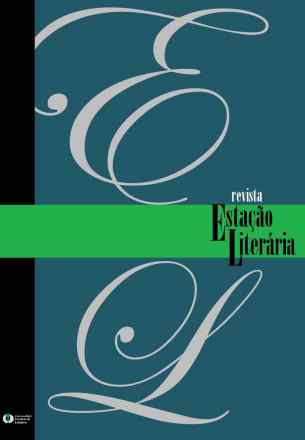O PORTUNHOL E CAPTAÇÃO DE HERANÇA NOS SONETOS SALVAJES, DE DOUGLAS DIEGUES
Estação Literária
O PORTUNHOL E CAPTAÇÃO DE HERANÇA NOS SONETOS SALVAJES, DE DOUGLAS DIEGUES
Autor Correspondente: Waldyr Imbroisi Rocha | [email protected]
Palavras-chave: Portunhol, Fronteira, Douglas Diegues / Portunhol, Border, Douglas Diegues
Resumos Cadastrados
Resumo Português:
As situações de lÃnguas em contato, especialmente em fronteiras entre paÃses, geram um contexto cultural e linguÃstico propÃcio à mixagem e à troca. O presente trabalho tem como objetivo analisar a obra Dá gusto andar desnudo por estas selvas, de Douglas Diegues, como uma formação cultural da lÃngua própria das fronteiras do Brasil com os paÃses hispanofalantes ao sul. Seus textos escritos em portunhol salvaje geram reflexões baseadas em conceitos como construção de literariedade e de territorialidade e desterritorialização.
Resumo Inglês:
The situations of languages in contact, especially in the borders between countries, create an environment which conducts to linguistic and cultural mix and exchange. This paper aims at analyzing the work Dá gusto andar desnudo por estas selvas, by Douglas Diegues, as a cultural formation of the border’s language – more specifically, the border of Brazil with the countries on the South. His texts, written in Portunhol salvaje, lead us to reflections based on concepts like the building of literariness and territoriality and deterritorialization.

